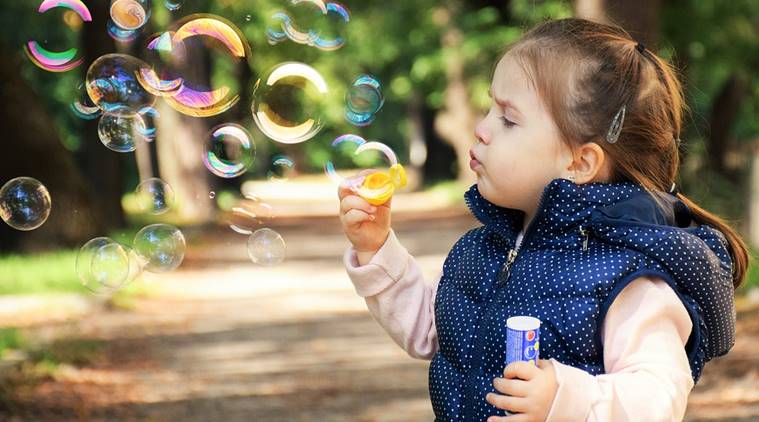According to researchers at University College London, children who are allowed unsupervised playtime develop social skills and are more active, while giving parents a break.

Parents tend to monitor their kid’s activities, including playtime. Researchers, however, suggest that unsupervised play can be good for kids.
According to researchers at University College London, children who are allowed unsupervised playtime develop social skills and are more active, while giving parents a break.
Harvard Graduate School of Education seconded the research by pointing out how it also helps them develop important skills such as creative thinking, empathy and problem solving.
Unsupervised play can also benefit children’s mental health. “Two or three decades ago, children were roaming neighbourhoods in mixed-age groups, playing pretty unsupervised. They were able to resolve disputes. They planned their time. They managed their games. They had a lot of autonomy, which also feeds self-esteem and mental health,” parent and author of The Good News About Bad Behavior, Katherine Reynolds Lewis was quoted as saying.
This does not mean that your child can be left to play in any unsafe environment. Unsupervised play should be age-appropriate and encouraged as long as parents ensure their child’s safety.
Source: Read Full Article
